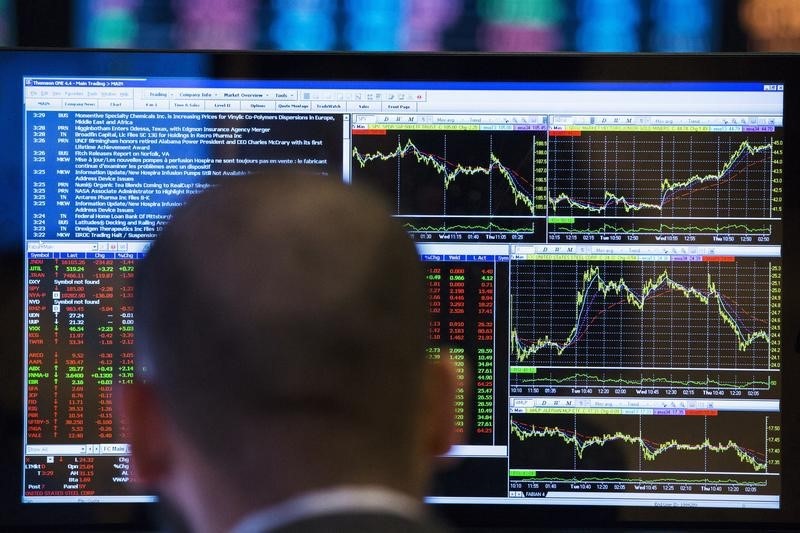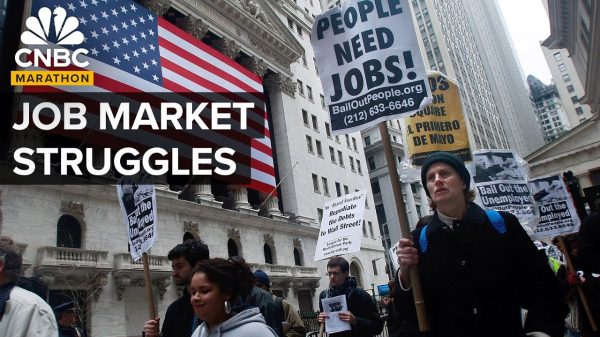© Reuters. FILE PHOTO: A Shein logo is pictured at the company’s office in the central business district of Singapore, October 18, 2022. REUTERS/Chen Lin
By Krystal Hu and Arriana McLymore
(Reuters) – Online fashion giant Shein is exploring plans to build a factory in Mexico as one of its manufacturing hubs outside China, sources familiar with the matter told Reuters, as the company faces increased scrutiny from U.S. lawmakers and looks to expand its Latin America footprint.
The factory, which will make Shein products and is part of the retailer’s push to localize production, could shorten shipping time and cut distribution costs for customers in Latin America. In April, Shein said it would build a manufacturing network in Brazil to serve as a global customer base.
Shein was founded in China and manufactures most of its products there, but is seeking to diversify. The company sells $10 dresses and $5 tops and has taken market share from other affordable fashion retailers.
Now based in Singapore, Shein competes with PDD Holdings’ Temu, which sells low-priced items ranging from clothing to electronics from China in the U.S.
Shein and Temu face growing scrutiny from the U.S. Congress over what some lawmakers describe as their exploitation of U.S. trade laws. Shein also has come under fire in markets including India and Brazil for its supply-chain links to China.
A final location for the Mexico site has not been decided, said the sources, who requested anonymity as the discussions are private.
Shein will use funds from its recent capital raise of $2 billion from investors including Mubadala and Sequoia China for the expansion, as it eyes a U.S. initial public offering. Despite a valuation cut to $66 billion in its latest funding round, the retailer still posts annual revenue growth of 40%, one of the sources added.
Shein declined to comment on the expansion, but said it is committed to localization as it adds new markets.
“SHEIN’s localization strategy allows us to shorten delivery times to customers while expanding product variety and supporting local economies,” Marcelo Claure, chairman of SHEIN Latin America, said in an emailed statement.
Shein is “continuing to explore nearshoring options,” he added, referring to manufacturing closer to the point of sale.
Shein recently offered an online marketplace platform in Brazil, allowing third-party merchants to sell their own goods on the Shein app and website. A similar marketplace would be launched next in the U.S. before rolling out globally.
The upcoming Mexico factory will not house items from third-party vendors, sources said. Claure confirmed that Shein is considering bringing its “marketplace model to other markets across Latin America.”
In April, a federal commission released a report criticizing Shein and Temu for their use of de minimis, a trade exemption that allows the companies to avoid tariffs by shipping packages valued at less than $800 directly to U.S. customers. The report also criticized Shein for sourcing cotton from China’s Xinjiang region, which is banned in the U.S. due to ties with Uyghur forced labor.
Shein has denied that it ships from the Xinjiang region. Temu did not immediately respond to requests for comment on Wednesday.
A bipartisan group of two dozen U.S. representatives in May called on the Securities and Exchange Commission to halt Shein’s IPO until the company verifies it does not use forced labor, Reuters reported.
A separate bipartisan group of U.S. representatives also sent a letter to Shein citing forced labor concerns and its use of de minimis.
“We are voluntarily cooperating with the Committee and are committed to working together on this matter,” a Shein spokesperson said, adding that the company is “committed to respecting human rights and adhering to local laws and regulations in each market we operate in.”
Shein has previously said it has “zero tolerance” for forced labor and requires suppliers to follow the International Labour Organization’s core conventions.
Rights groups and governments have accused China of forced labor and internment of the mainly Muslim ethnic minority in the Xinjiang region. Beijing denies any rights abuses.
Read the full article here













